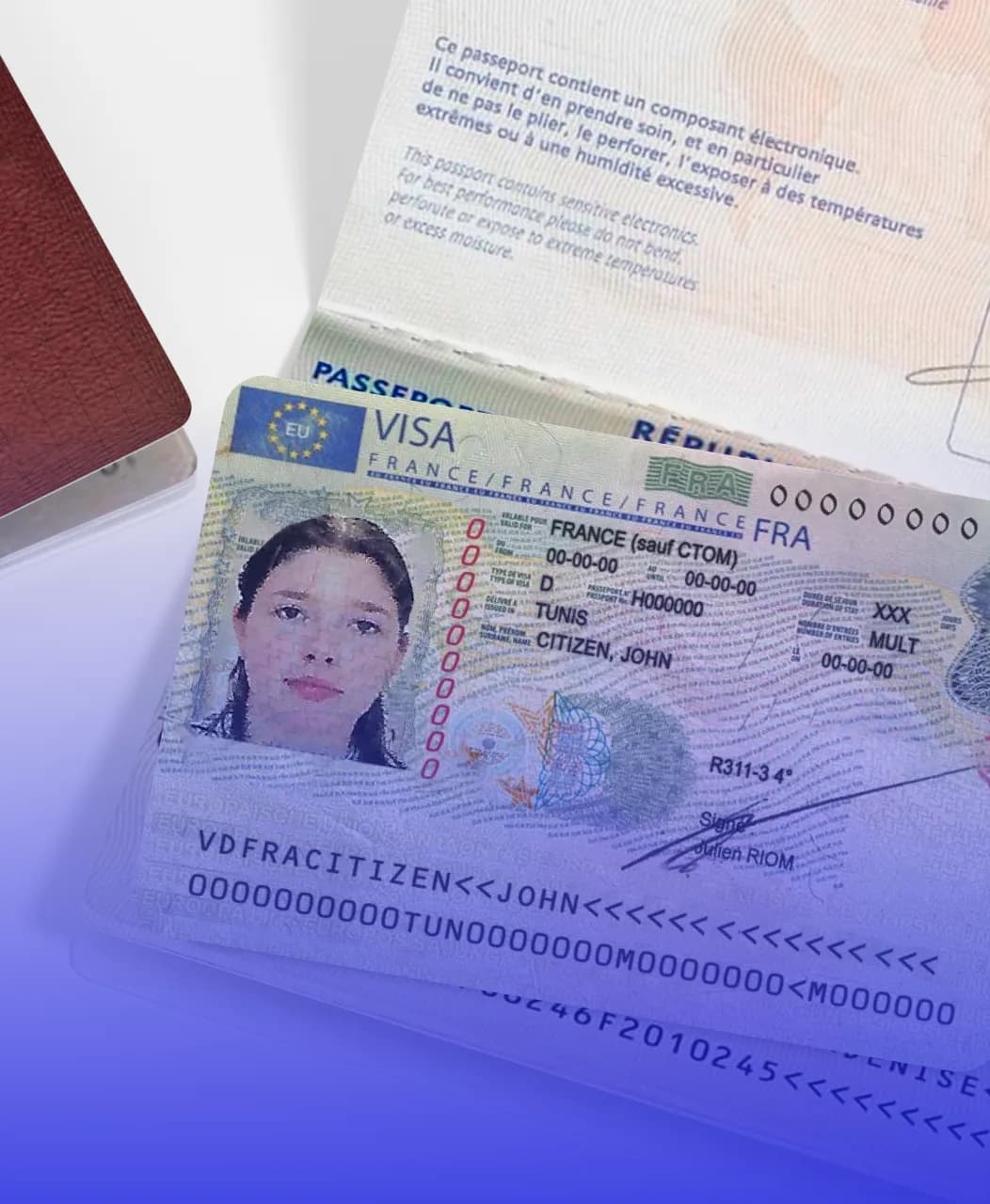Taxes and Taxation in Spain for Expatriates: The 2025 Guide
Discover everything you need to know about Spanish taxation for expatriates: tax residence, IRPF, the Beckham Law, and practical tips for 2025.

International Mobility Expert

Spain is a top destination for expatriates, attracted by its climate, culture, and quality of life. However, moving to a new country means understanding and navigating a new tax system. Taxation in Spain has important features that are essential to know to avoid unpleasant surprises and optimize your financial situation. This comprehensive guide presents everything you need to know about taxes in Spain for expatriates in 2025.

Tax Residence: Where Do You Pay Your Taxes?
The first step to understanding your tax obligations is to determine your tax residence. You are considered a tax resident in Spain if you meet one of the following conditions:
- You stay in Spain for more than 183 days a year.
- The center of your economic interests is in Spain (for example, if you work there or own a business).
- Your spouse (not legally separated) and your minor children usually reside in Spain.
If you are a tax resident in Spain, you will be taxed on your worldwide income (salaries, rental income, capital gains, etc.). If you are not a tax resident, you will only be taxed on your Spanish-source income.
The tax treaty between France and Spain, which you can consult in detail on the French tax authority's website, aims to avoid double taxation. It defines the rules for allocating the right to tax for each type of income.
The Main Taxes in Spain
Personal Income Tax (IRPF)
The IRPF is the equivalent of personal income tax. It is a progressive tax, which means that the tax rate increases with the level of income. The scale is divided into national and regional brackets, so the rates can vary from one autonomous community to another.
Here is the general scale for 2025 (subject to slight changes):
- Up to €12,450: 19%
- From €12,450 to €20,200: 24%
- From €20,200 to €35,200: 30%
- From €35,200 to €60,000: 37%
- From €60,000 to €300,000: 45%
- Over €300,000: 47%
There are many deductions and tax credits, for example for rental expenses, investments in a main residence, or donations to charities. For any official information, the website of the Agencia Tributaria is the reference.
Wealth Tax (Patrimonio)
This tax concerns the highest net worths. It applies to Spanish tax residents on their worldwide assets and to non-residents on their assets located in Spain. An allowance of €700,000 is generally applied, as well as an additional allowance of €300,000 on the main residence. The threshold and rates vary greatly depending on the autonomous communities, some of which have even abolished it.
Inheritance and Gift Tax
This tax is also managed by the autonomous communities, which leads to very significant differences from one region to another. In some regions like Madrid or Andalusia, transfers between parents and children are almost completely exempt. It is crucial to inquire about the local legislation, which can greatly influence estate planning.
VAT (IVA in Spanish)
As in many countries, Value Added Tax (IVA) applies to most goods and services. The rates in 2025 are:
- Standard rate: 21%
- Reduced rate: 10% (hotels, certain foods, passenger transport...)
- Super-reduced rate: 4% (basic necessities like bread, milk, books...)

Special Tax Regimes for Expatriates
The "Beckham Law"
This special tax regime, known as the "Beckham Law," is one of the biggest attractions for foreign workers moving to Spain. It allows expatriates who have not been tax residents in Spain in the 5 years prior to their move to benefit from a flat tax rate of 24% on their employment income up to €600,000, for a period of 6 years.
To benefit from it, you must move to Spain for an employment contract. This regime is particularly advantageous for high earners. To learn more, check out our dedicated article on the Beckham Law (or Mbappé Law).
Votre planning administratif pour partir en Espagne
Générez gratuitement votre calendrier personnalisé de toutes vos démarches pour votre expatriation.
Vos données sont protégées et sécurisées
Practical Tips for Expatriates
- Plan your move: Find out about the tax implications even before you leave.
- Get support: The Spanish and your home country's tax systems can be complex. A tax advisor specializing in international taxation can save you time and money.
- Keep all your documents: Keep employment contracts, pay slips, property deeds, etc. They will be essential for your tax returns.
- Declare your foreign accounts: Do not forget to declare your bank accounts held abroad to the Spanish tax authorities via form 720, under penalty of heavy fines.
Conclusion
Expatriating to Spain is an exciting adventure, but good tax preparation is the key to a successful transition. By understanding the basics of tax residence, the main taxes, and special regimes like the Beckham Law, you will be better equipped to manage your finances.
The choice of your place of residence in Spain can also have a tax impact, as we explore in our article on the best neighborhoods to live in Madrid. For an overview of the procedures, do not hesitate to consult our guide to moving to Spain.
At Hiliv, our experts are here to support you at every stage of your expatriation project, including for administrative and tax aspects. Contact us for tailored support!
Votre planning administratif pour partir en Espagne
Générez gratuitement votre calendrier personnalisé de toutes vos démarches pour votre expatriation.
Vos données sont protégées et sécurisées

